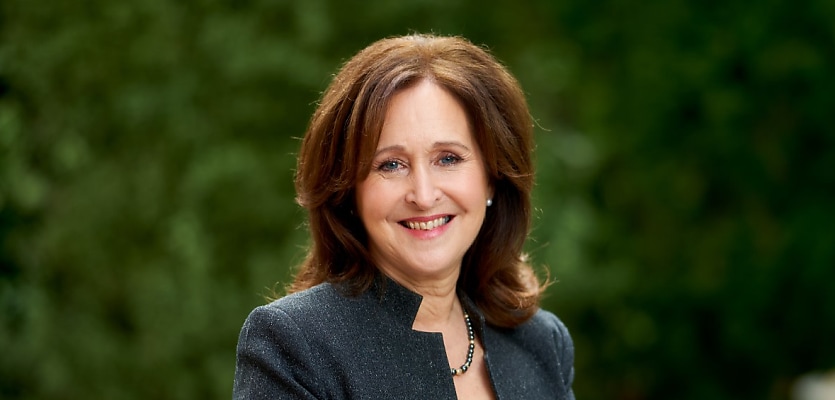Working mothers will miss out on thousands of dollars every year the federal government forgo paying super on parental leave, a new report showed.
A study by HESTA and Laneway Analytics estimated that the introduction of Australia’s paid parental leave program has cost women over $2.8 billion in superannuation over the past 12 years.
Further analysis showed that postponing the policy until 1 July 2024 would result in a woman who had a child in the previous financial year being out of pocket by $6,000 in retirement savings.
Introduced on 1 January 2011, the Parental Leave Pay scheme is a government-funded payment that provides financial support to eligible working parents in Australia who take time off work to care for a newborn or recently adopted child.
The payment is designed to assist parents in covering the costs associated with having a new child, such as lost income and additional expenses for up to 18 weeks.
Excluding superannuation payments during the period that the parent receives Parental Leave Pay has been a source of criticism for the scheme, with critics pointing out that this has resulted in many working mothers missing out on significant retirement savings during the time they take off work to care for their children.
As a result, advocacy groups have been calling for the inclusion of superannuation payments in the Parental Leave Pay scheme to address this inequity.
Speaking ahead of International Women’s Day, HESTA chief executive Debby Blakey highlighted that women were still retiring with around a third less super than men.
She added that the inequity was adding to the gender super gap and was “unfair” for new parents, particularly women who tend to take a higher number of parental leave than men.
“Failing to pay super on parental leave pay has seen working mums unfairly miss out on billions of dollars in super, and this research shows they’ll keep losing thousands of dollars in retirement savings each year this important equity reform is delayed,” Ms Blakey stated.
While she acknowledged that the country’s super system is “one of the world’s best”, she argued that there are “persisting gaps where millions of Australians, mainly women, are still falling through the cracks and not getting the full benefits of super.”
“Extending the Super Guarantee to workers taking paid leave to care for children is an important policy that will help create a fairer retirement system for all Australians and is a key step towards addressing the gender super gap.”
Data showed that 85 per cent of those surveyed supported the inclusion of superannuation payments during parental leave, regardless of gender. For members under 35, this support increased to 91 per cent.
Additionally, 90 per cent of the respondents strongly agreed that changes are necessary for Australia’s superannuation system to enhance the financial security of women during retirement.
And while Ms Blakey lauded the federal government’s decision this week to cut back super tax concessions for super account balances over $3 million as an important sustainability measure, she highlighted that it is “critically important that the government acts now to ensure these savings help deliver a fairer and more equitable super system.”
“That’s why we’re calling on the government to prioritise paying super on the Commonwealth Parental Leave Pay scheme and other important equity measures."
Ms Blakey stated that the failure to provide superannuation payments during parental leave sends a message that unpaid caring work is undervalued, when in contrast, she argued that “this work is indispensable to our economy and the wellbeing of families”.
“Nearly 80 per cent of our members are women who work mainly in caring roles that are typically lower paid, such as aged care and early childhood education. They shouldn’t be financially penalised at retirement after spending their lives looking after others.”
Notably, new laws boosting accessibility to paid parental leave and locking in an expansion of the scheme passed parliament on 7 March.
The revamp combines two existing payments into a shared 20-week scheme, expands access and makes it easier for new fathers to obtain paid leave.
Moreover, the duration of the program will gradually extend to 26 weeks by 2026.




You are not authorised to post comments.
Comments will undergo moderation before they get published.